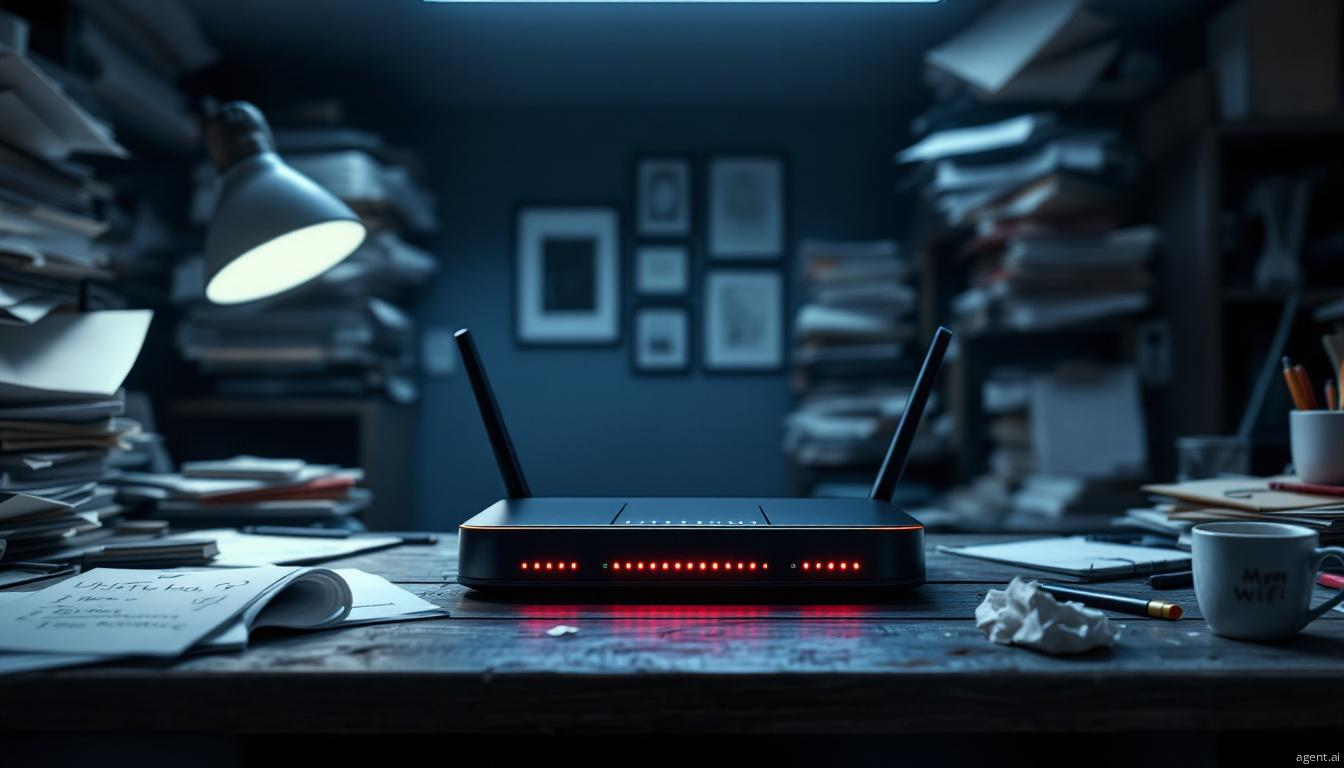Table of Contents
Juniper Networks Warns of Mirai Botnet Targeting Session Smart Router Devices
Juniper Networks has issued a critical security advisory warning customers about a Mirai botnet campaign targeting Session Smart Router (SSR) devices with default credentials. The networking infrastructure company reported that several customers experienced suspicious behavior on their Session Smart Network (SSN) platforms on December 11, 2024, revealing a potentially widespread security threat.
The malware specifically scans the internet for devices using default login credentials, attempting to gain unauthorized access and execute remote commands. Once successfully infiltrated, these compromised routers can be enlisted into a botnet capable of launching distributed denial-of-service (DDoS) attacks and potentially performing other malicious activities.
In its security advisory, Juniper emphasized that any customer still using default passwords on their Session Smart routers should be considered potentially compromised. The Mirai malware has been added to the virus database, indicating the severity and recognition of this specific threat variant.
Network administrators should be vigilant and watch for several key indicators of potential compromise, including unusual scanning activities on common Layer 4 ports, failed login attempts on SSH services, sudden spikes in outbound traffic, devices behaving erratically, and suspicious SSH connections from unknown IP addresses.
To mitigate the risk of infection, Juniper recommends immediate and comprehensive security measures. Organizations should prioritize changing default credentials to strong passwords across all Session Smart routers. Additionally, administrators are advised to implement robust security practices such as regularly updating firmware, reviewing access logs, setting automatic alerts for suspicious activities, deploying intrusion detection systems, and using firewalls to block unauthorized network access.
The company provided a critical warning that devices already infected must be completely reimaged before being brought back online. "If a system is found to be infected, the only certain way of stopping the threat is by reimaging the system as it cannot be determined exactly what might have been changed or obtained from the device," Juniper stated.
This latest advisory follows a series of recent cybersecurity challenges faced by Juniper, including previous warnings about critical remote code execution vulnerabilities in their networking equipment. The persistent threat of Mirai and similar botnets underscores the importance of maintaining rigorous security hygiene, particularly for network infrastructure devices that can serve as potential entry points for sophisticated cyber attacks.
Organizations using Juniper Session Smart Routers are strongly encouraged to take immediate action to assess and secure their network infrastructure, preventing potential compromise and subsequent malicious activities.
Found this article interesting? Keep visit thesecmaster.com, and our social media page on Facebook, LinkedIn, Twitter, Telegram, Tumblr, Medium, and Instagram and subscribe to receive tips like this.
You may also like these articles: Here are the 5 most contextually relevant blog posts:
Multiple Vulnerabilities in Cisco Products Lead to Remote Code Execution
Forescout Uncovers 14 Vulnerabilities in DrayTek Routers Leading Multiple Cyber Attacks
Critical Vulnerabilities Discovered in QNAP Products (PWN2OWN 2024)
US Considers Nationwide Ban on TP-Link Routers Over Cybersecurity Risks
Hackers Can Remotely Track Skoda Cars Through Newly Discovered Vulnerabilities
Anthony Denis
Anthony Denis a Security News Reporter with a Bachelor's in Business Computer Application. Drawing from a decade of digital media marketing experience and two years of freelance writing, he brings technical expertise to cybersecurity journalism. His background in IT, content creation, and social media management enables him to deliver complex security topics with clarity and insight.
